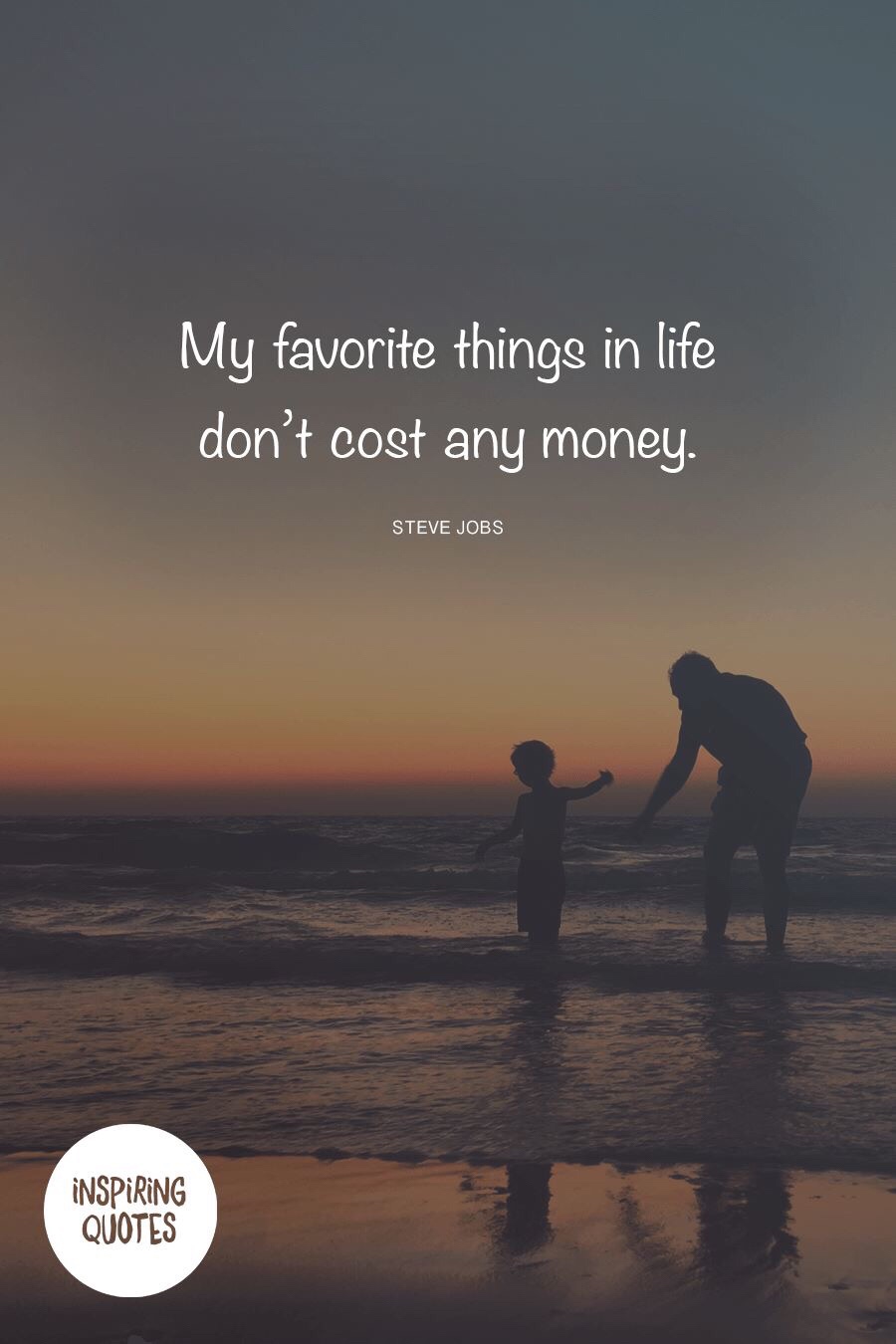And here are the goodies for this week…
Forget early retirement — people who saved enough money to travel for weeks or years say a ‘mini-retirement’ is just as rewarding (Business Insider)
Coined by Tim Ferris in his book, “The 4-Hour Workweek,” a mini-retirement is a series of meaningful respites throughout your life in which you take a break from your career, rather than taking one final retirement at the end. It’s a time to step away from your typical routine and create a blank slate.
Dave and I have been toying with the idea of a “mini-retirement” when we reach FI. In case you think that this is a new concept, it really isn’t and has been demonstrated by so many out there who have shared their adventures and stories.
What’s the Most Important Asset? (Retire Early Helen)
Money is NOT the most important asset. Obviously, money is important. Without it, I wouldn’t be able to retire early. Money makes it possible for me to have the basics I need: food, clothes, shelter, and transportation.
Helen has come up with an impressive pie chart to chronicle what are some of the important assets in life. Out of the 5 items she listed, money in fact, ranked the lowest. What is yours like?
The Case for Having a Hobby (New York Times)
Expectations of an “always-on” working life have made hobbies a thing of the past, relegated to mere memories of what we used to do in our free time. Worse still, many hobbies have morphed into the dreaded side hustle or as paths to career development, turning the things we ostensibly do for fun into … more work.
Studies have shown that hobbies could make us more productive and also, a relaxing outlet for our stressful lives. However, have they become another potential side hustle to generate income or are they activities that inject some fun into our lives? Dave and I enjoy blogging as a newfound hobby. What’s yours?
What I Won’t Teach My Daughter About Hard Work (Cait Flanders)
I’d never defined what success meant to me, so it didn’t matter how hard I worked, I was never going to achieve it and this is the problem with how we discuss hard work. I want my daughter to know that hard work is a means to achieve something that matters to you, not a constant state of being.
In a guest post by Jennifer for Cait Flanders (formerly Blonde on a Budget), Penny talks about how we are too harsh on ourselves on working hard to define success without setting up balances and parameters for ourselves.
What Kind Of Parent Are You: Carpenter Or Gardener? (National Public Radio)
The “carpenter” parent thinks that a child can be molded, writes Alison Gopnik. The “gardener,” on the other hand, is less concerned about who the child will become and instead provides a protected space to explore.
According to the author, there are two ways to be a parent – either a carpenter or gardener. Which one are you? I think we have both of each in us, just that which one is more dominant?
And here’s a quote to round up the week.
